Table of Contents

Public speaking is an important skill to exercise. Not only does it make you more convincing, it also is effectively training for your daily charisma, as well as a way to give yourself a serious confidence boost.
The power of speech is the power of persuasion, something that those seeking to change the world should practice. Speech should improve upon the silence in every case and practicing your speech — as well as learning to restrict it when it is not totally necessary — is an area of exercise that often does not receive as much attention as it ought to.
It is easy to denigrate speech as “mere words,” but speech is itself an action. One need only look at the rousing speeches of charismatic men from community leaders to nefarious dictators to understand the degree to which speech isn’t “mere words.” It has the power to change the world far and beyond the written word.
If you remain unconvinced of the power of speech, we recommend reading the following quotes on the subject. Not only will they demonstrate just how powerful the spoken word is, we hope they will motivate you to begin working on your own faculties of speech to reap all the benefits that come with that.
Quotes About Delivering a Speech Well
Mark Twain
“It usually takes me more than three weeks to prepare a good impromptu speech.”
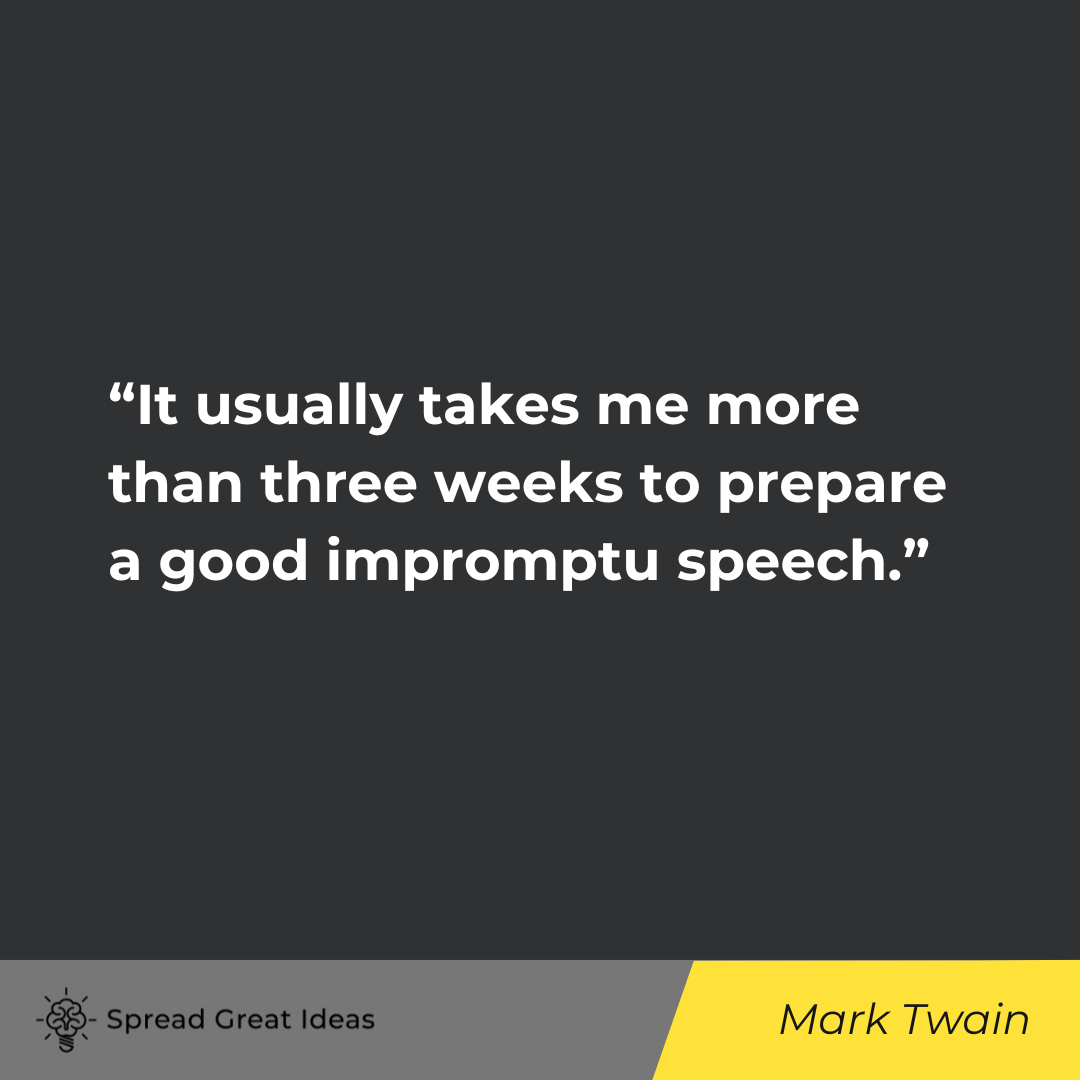
“The right word may be effective, but no word was ever as effective as a rightly timed pause.”
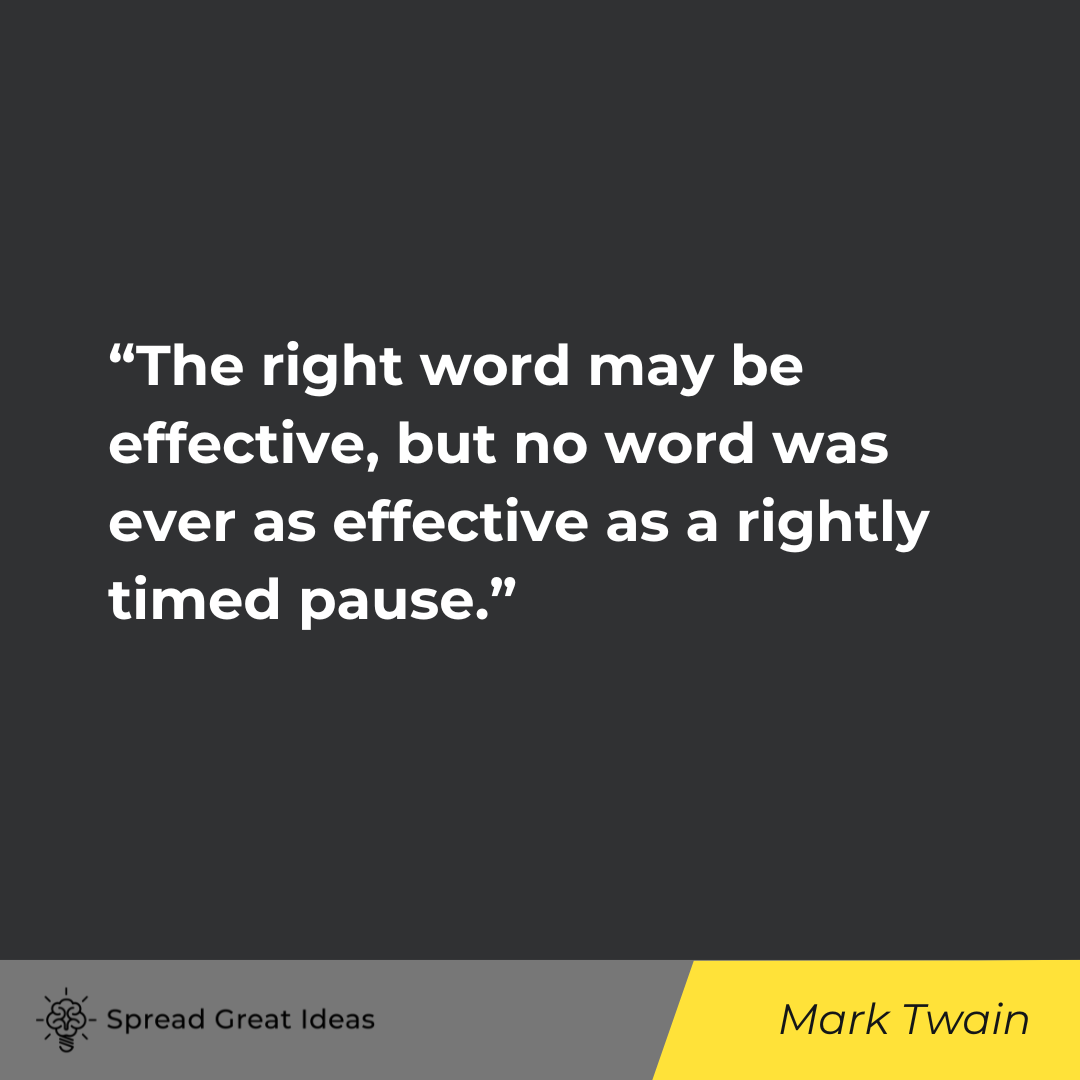
Ayn Rand
“No speech is ever considered, but only the speaker. It’s so much easier to pass judgement on a man than on an idea.”
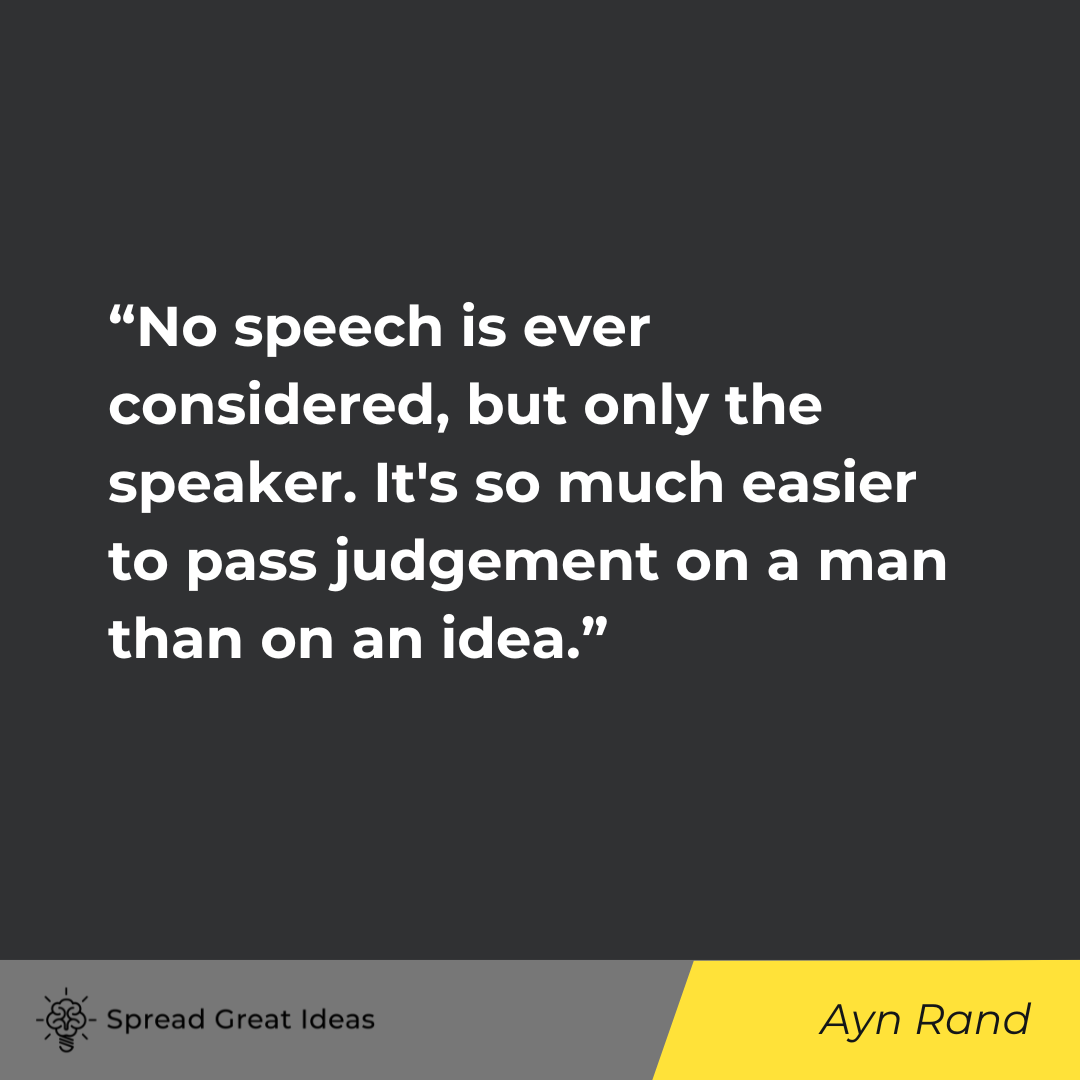
Winston Churchill
“A good speech should be like a woman’s skirt; long enough to cover the subject and short enough to create interest.”

“If you have an important point to make, don’t try to be subtle or clever. Use a pile driver. Hit the point once. Then come back and hit it again. Then hit it a third time – a tremendous whack.”
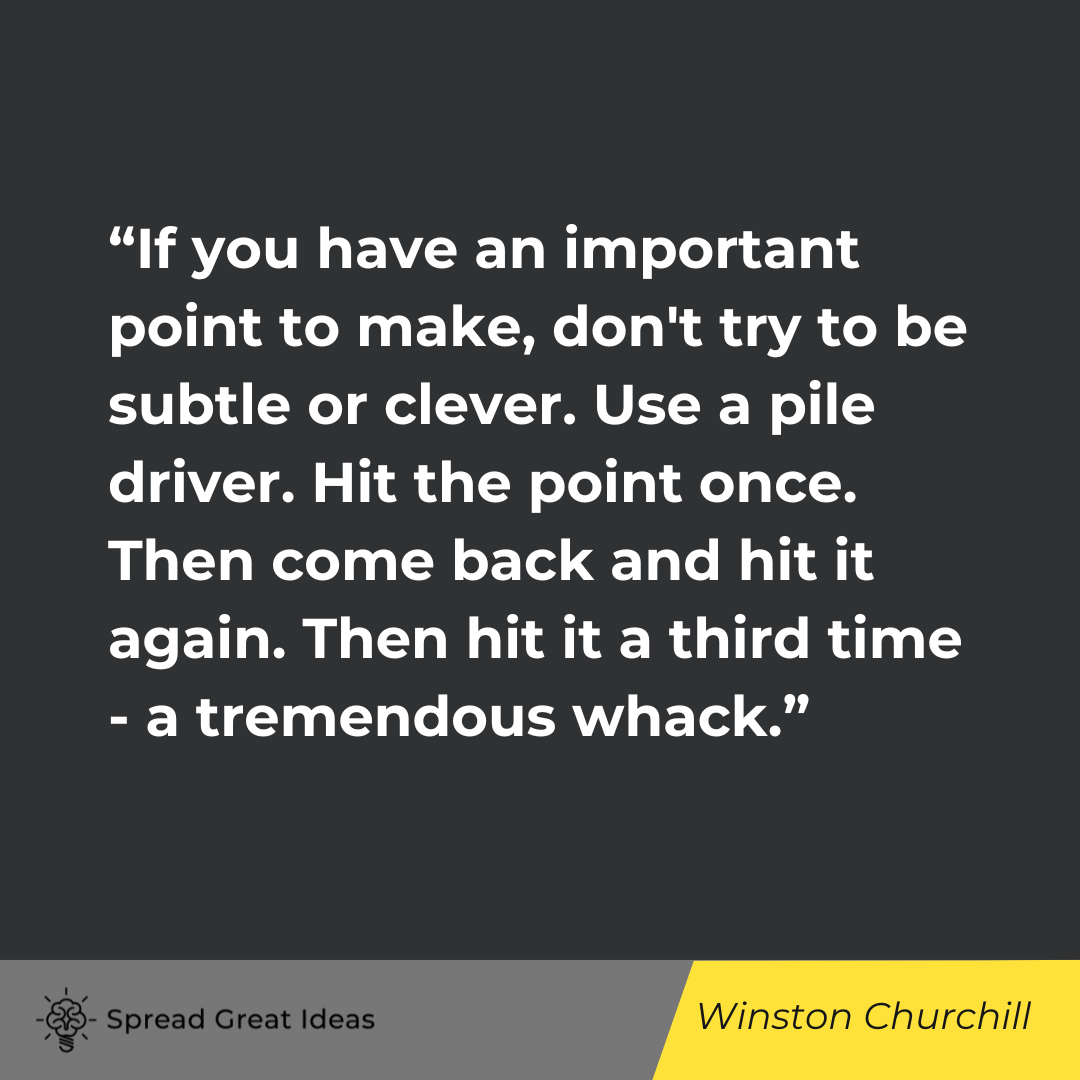
Gustave Flaubert
“Speech is a rolling-mill that always thins out the sentiment.”
– Gustave Flaubert, Madame Bovary
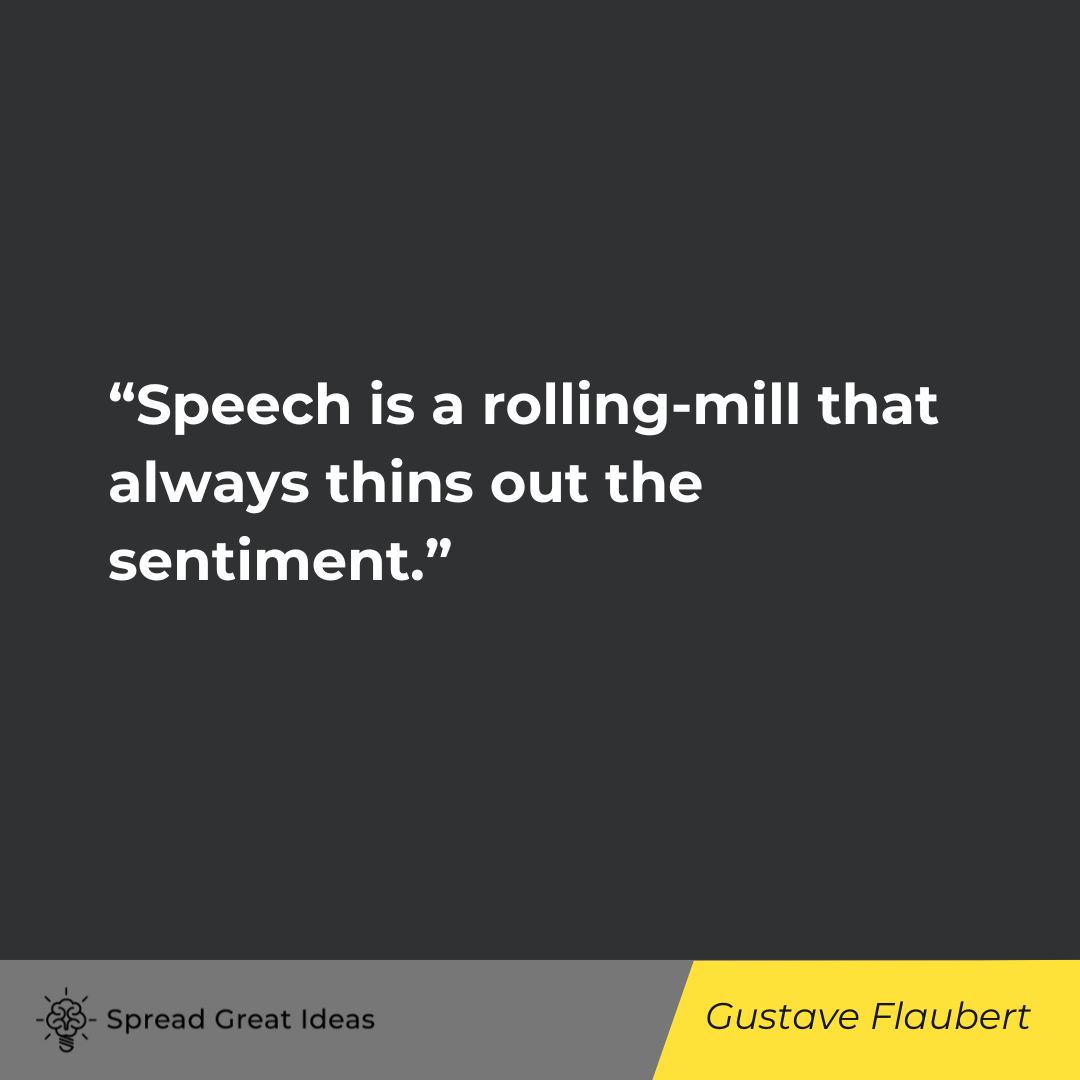
Mozart Wolgang Amadeus
“To talk well and eloquently is a very great art, but that an equally great one is to know the right moment to stop.”
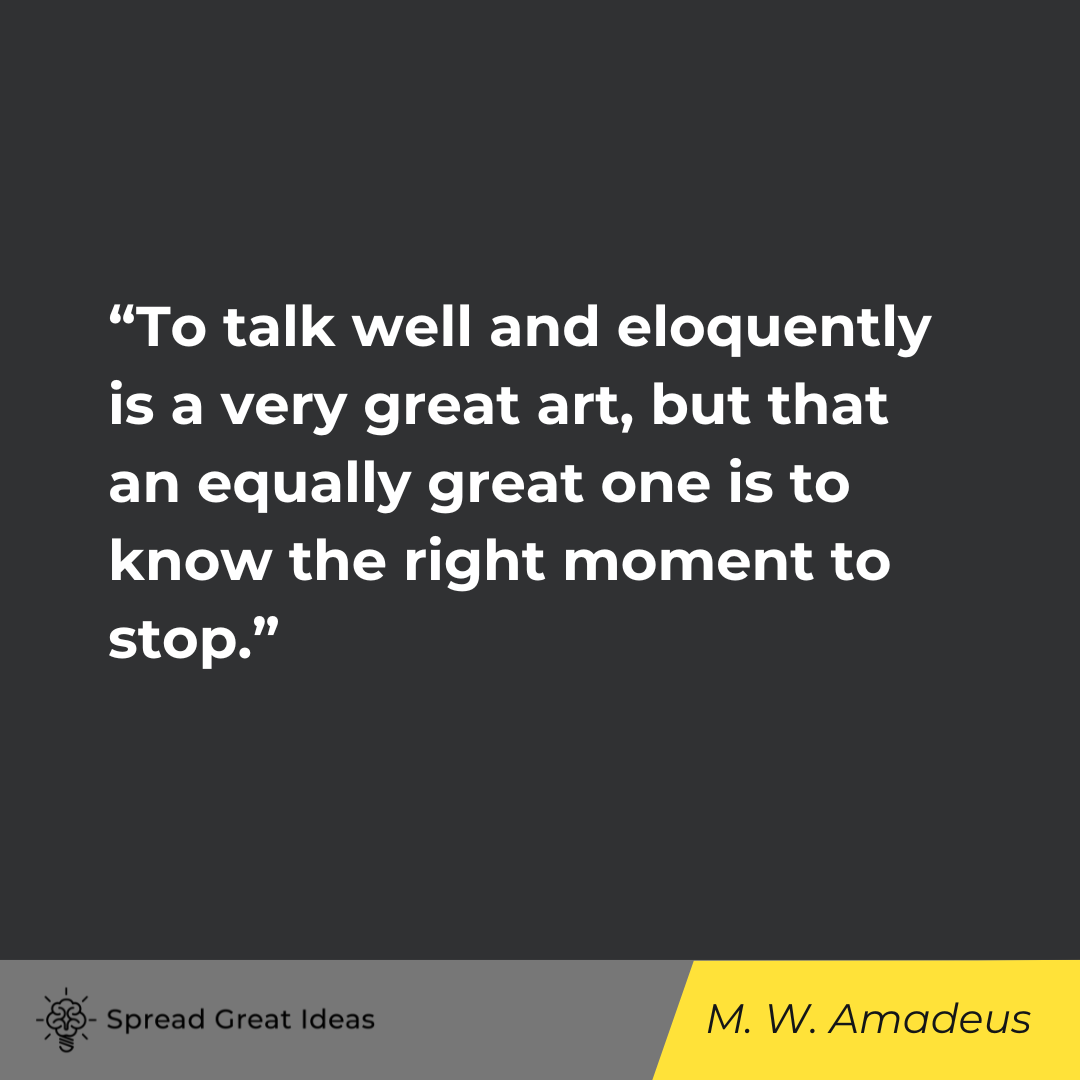
Ralph Waldo Emerson
“Speech is power: speech is to persuade, to convert, to compel.”
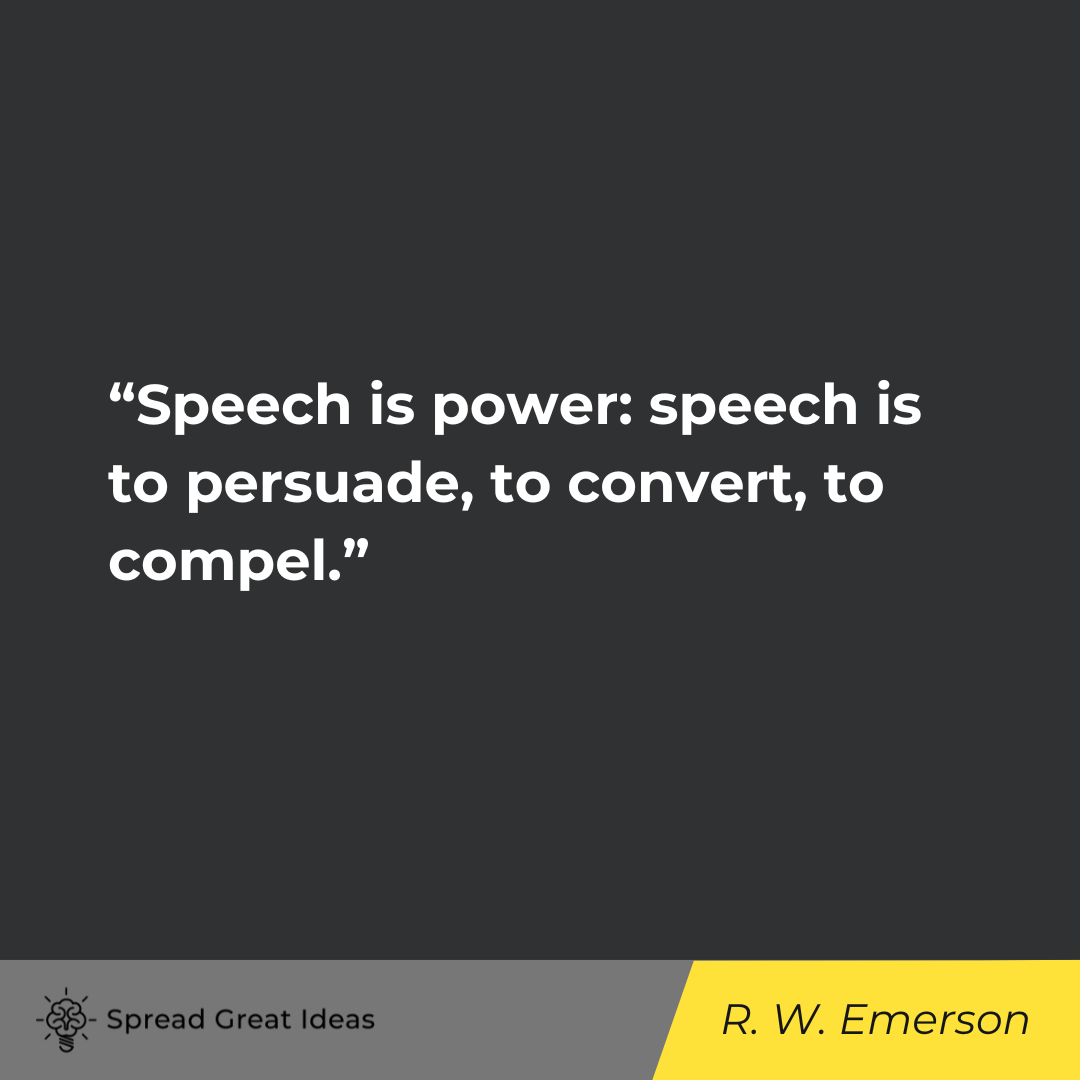
Charles Bukowski
“that your power of command
with simple language was
one of the magnificent things of
our century.”
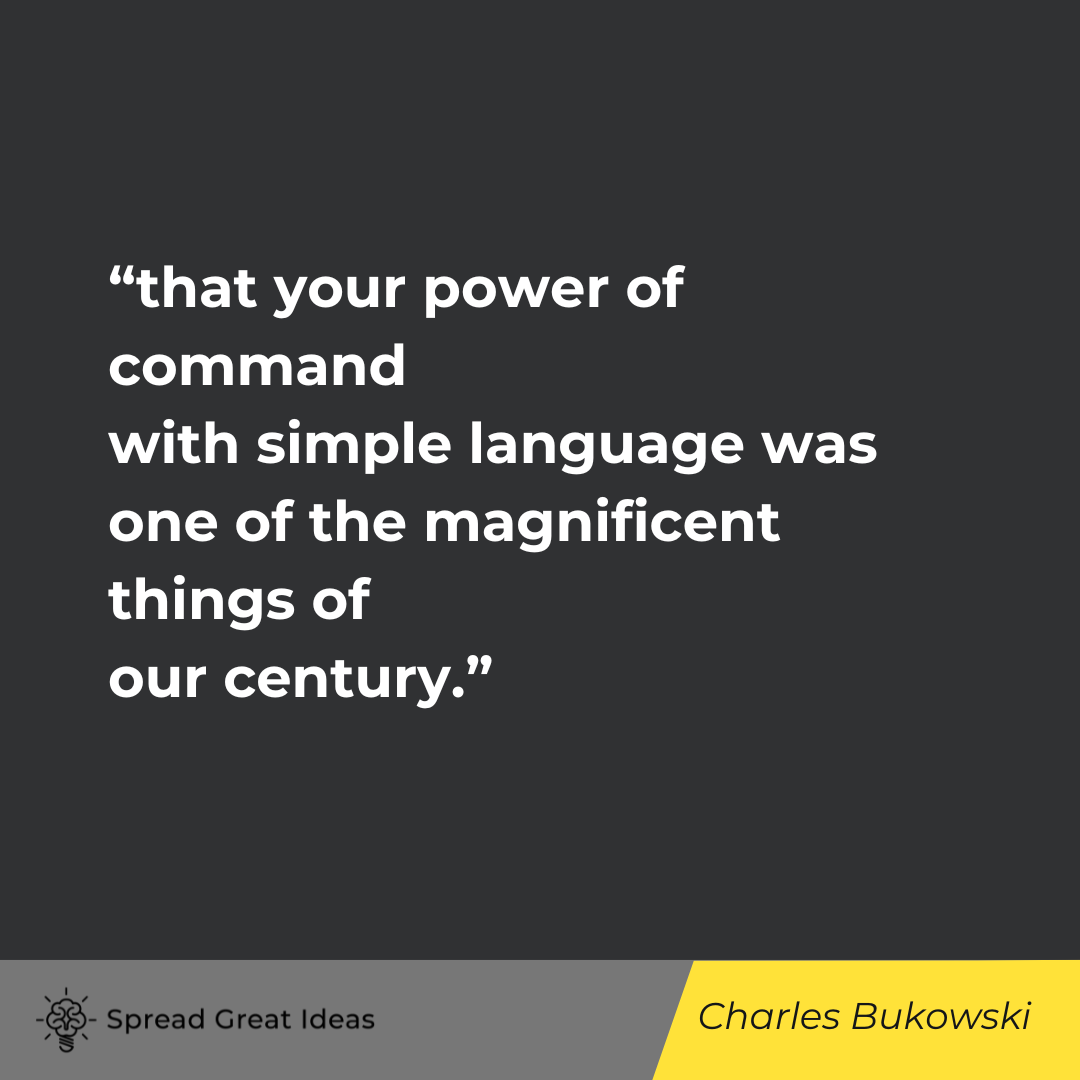
Dale Carnegie
“There are always three speeches, for every one you actually gave. The one you practiced, the one you gave, and the one you wish you gave.”
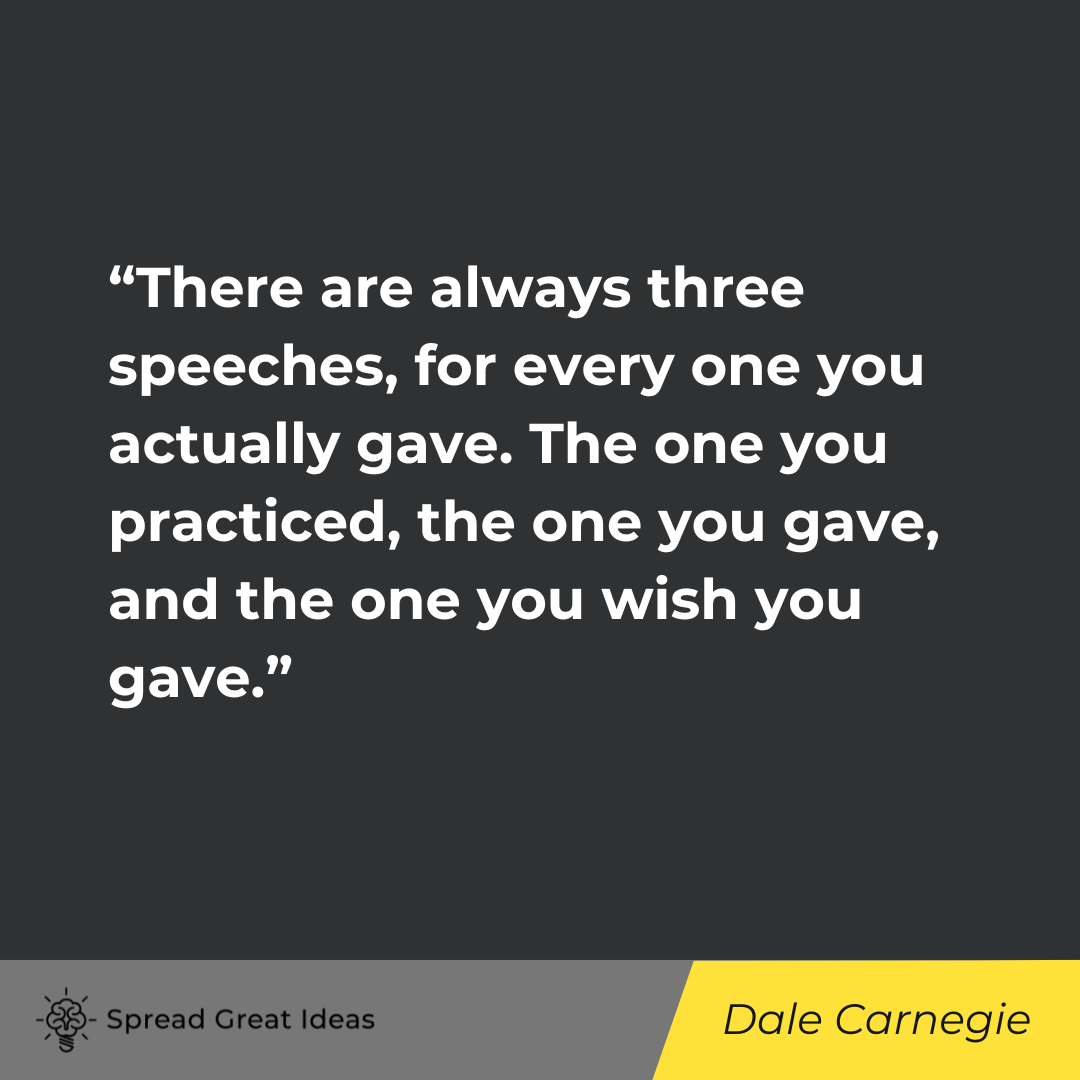
Lao Tzu
“A good traveler leaves no tracks. Good speech lacks fault-finding.”

Henry David Thoreau
“Speech is for the convenience of those who are hard of hearing; but there are many fine things which we cannot say if we have to shout.”
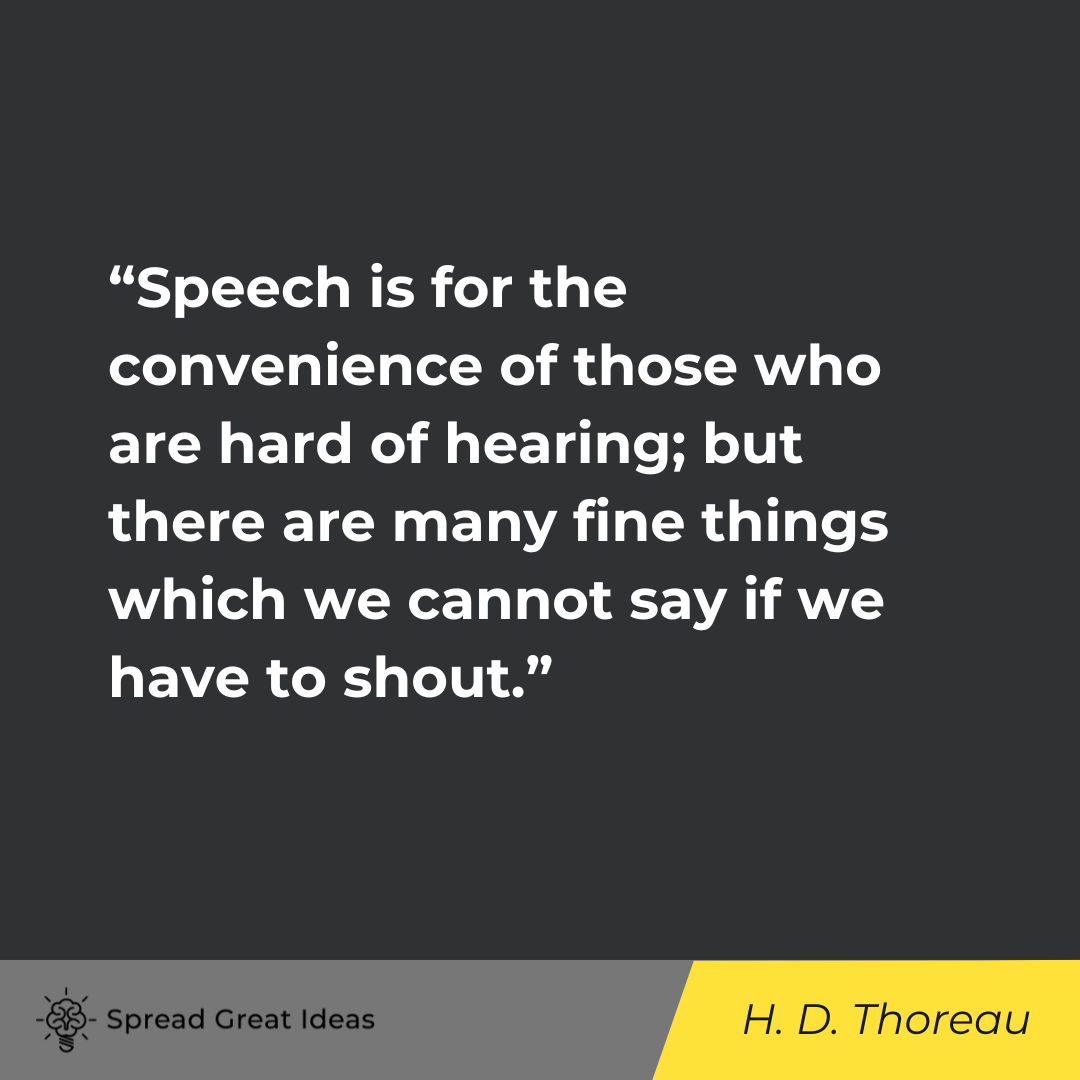
Dionysius the Elder
“Let thy speech be better than silence, or be silent.”
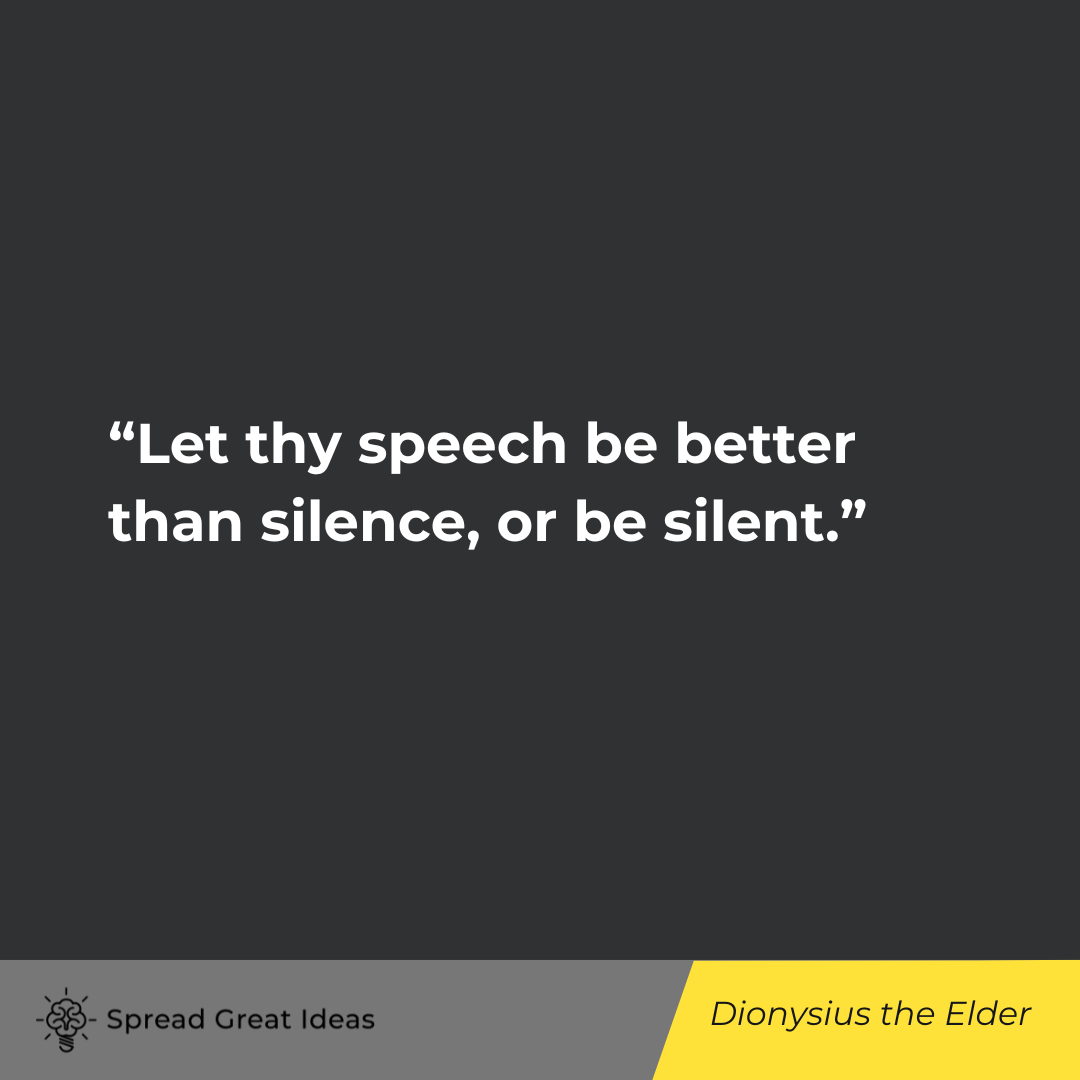
Voltaire
“Men employ speech only to conceal their thoughts.”
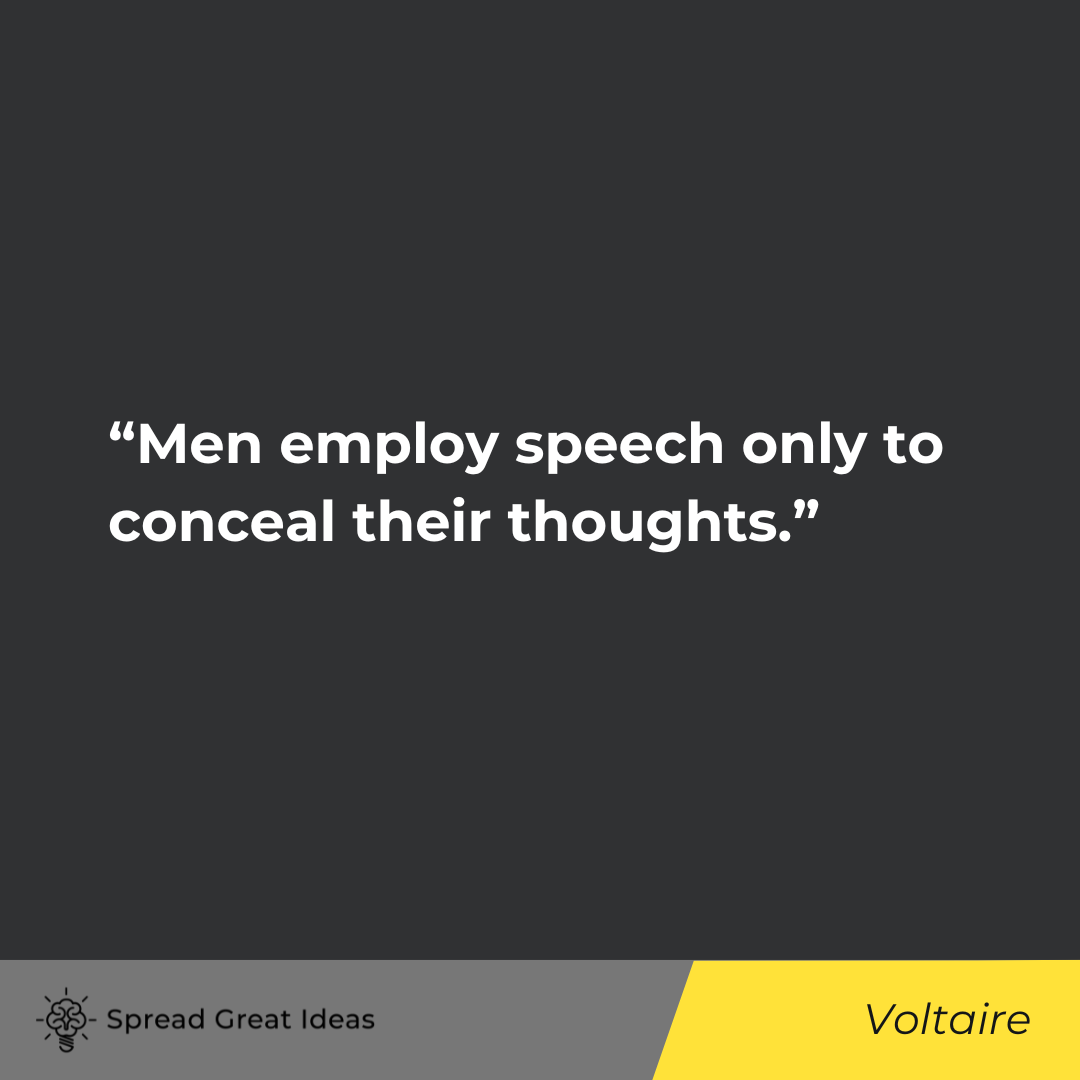
Quotes About Breaking the Ice and Starting a Speech Well
Jim Rohn
“Did you hear what the cow said to the farmer on a cold winter morning? Thanks for the warm hand…Anyway, it’s gonna get better, so don’t panic on me. You gotta start small.”
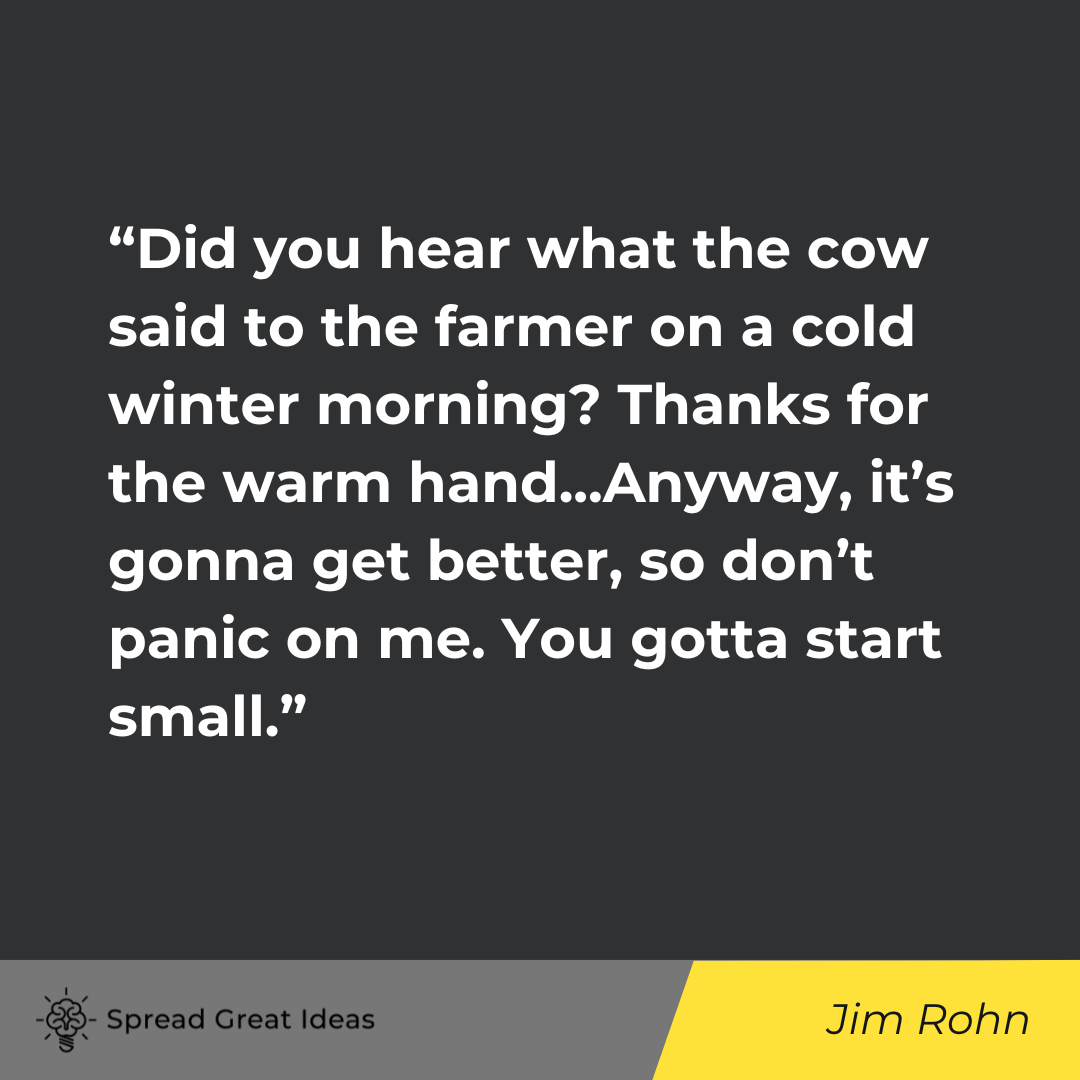
“Motivation alone is not enough. If you have an idiot and you motivate him, now you have a motivated idiot.”
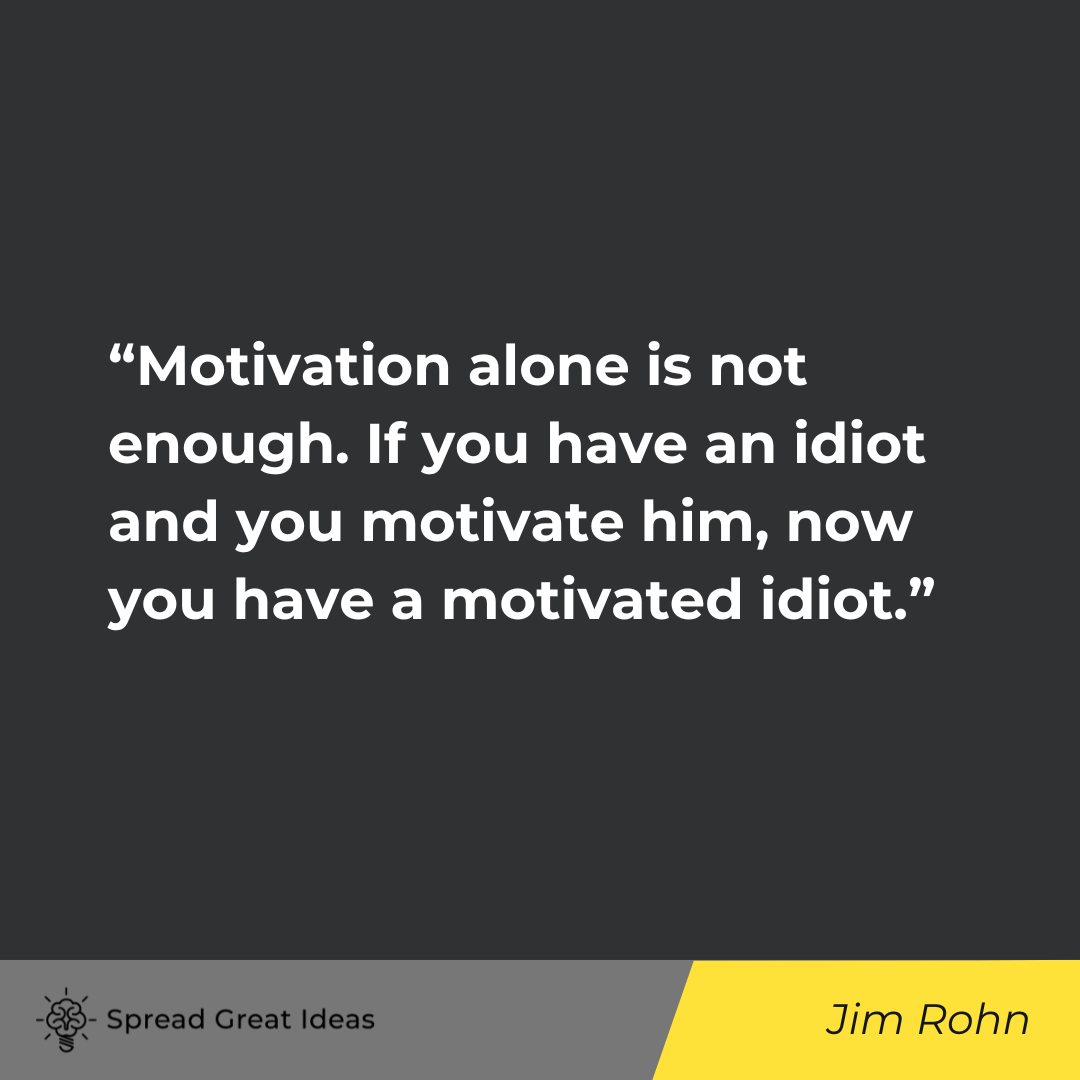
Yiddish proverb
“If you’re looking for a helping hand, there’s one at the end of your arm.”

Mark Twain
“The two most important days in your life are the day you are born and the day you find out why.”
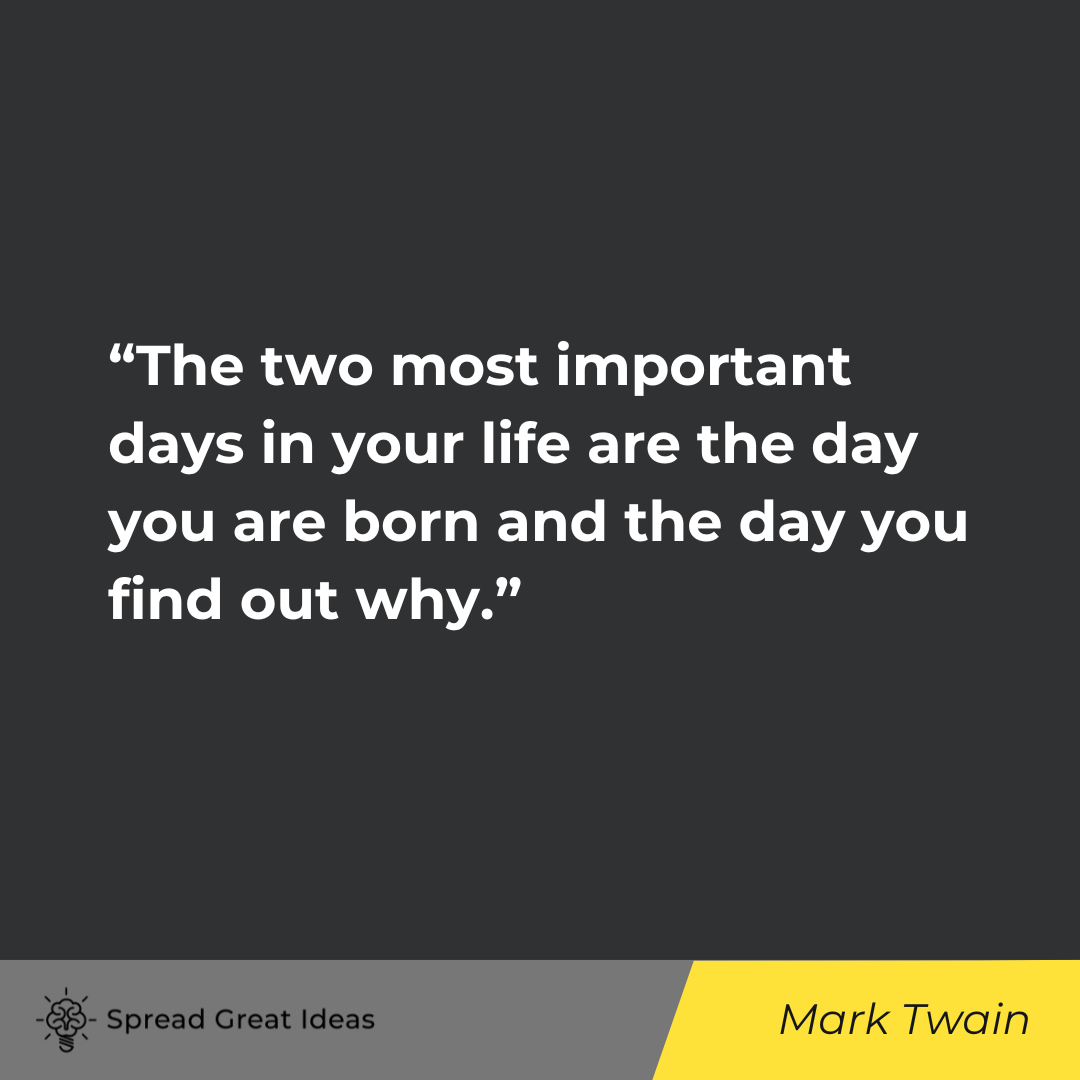
“One ought, every day at least, to hear a little song, read a good poem, see a fine picture, and, if it were possible, to speak a few reasonable words.”
– Johann Wolfgang von Goethe, Wilhelm Meister’s Apprenticeship